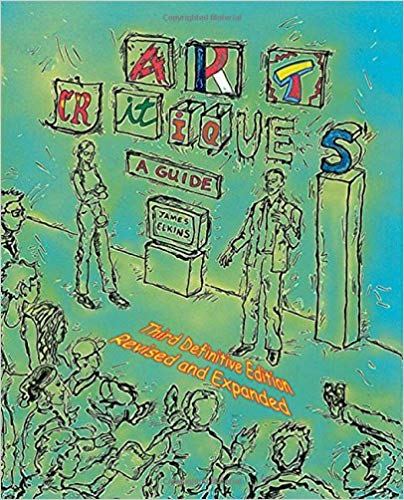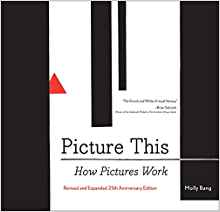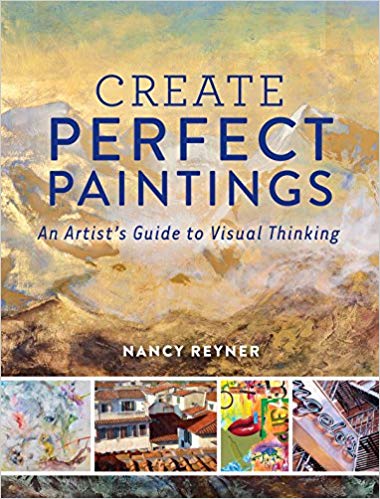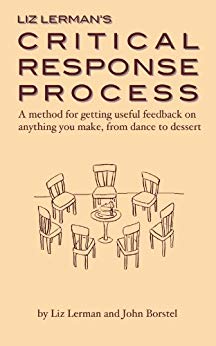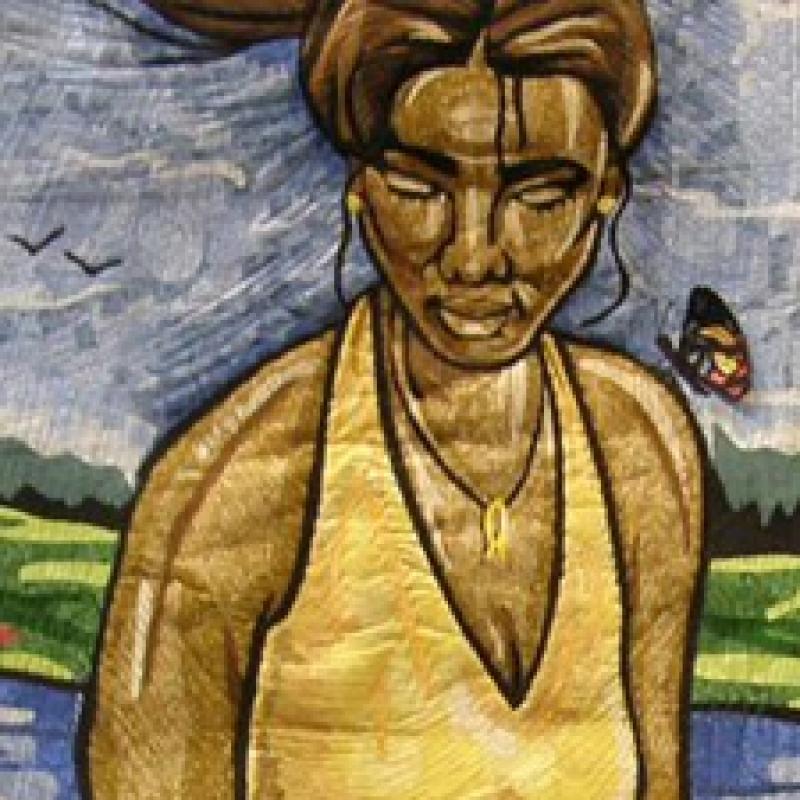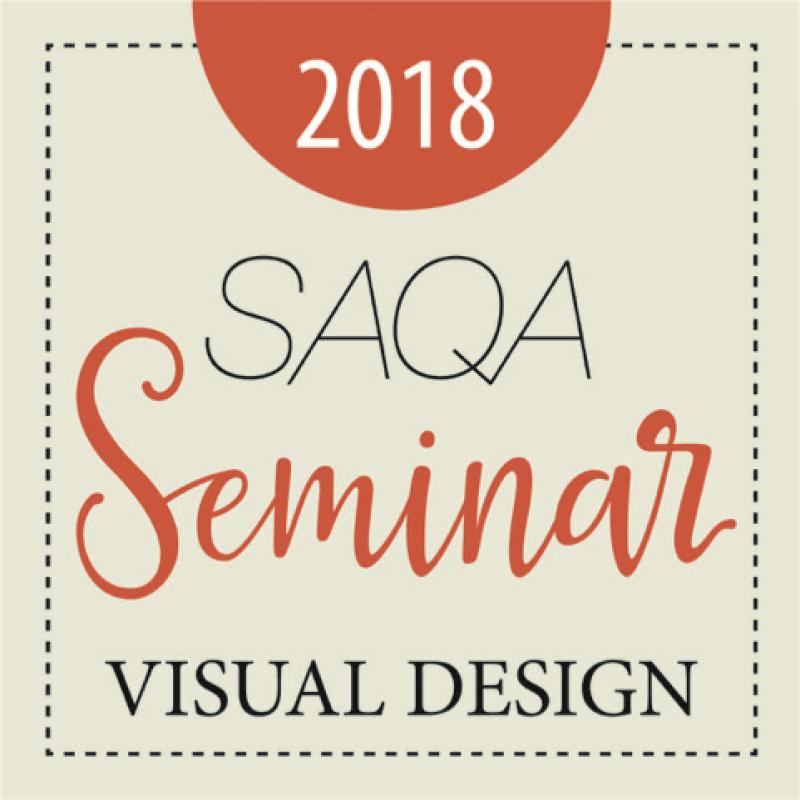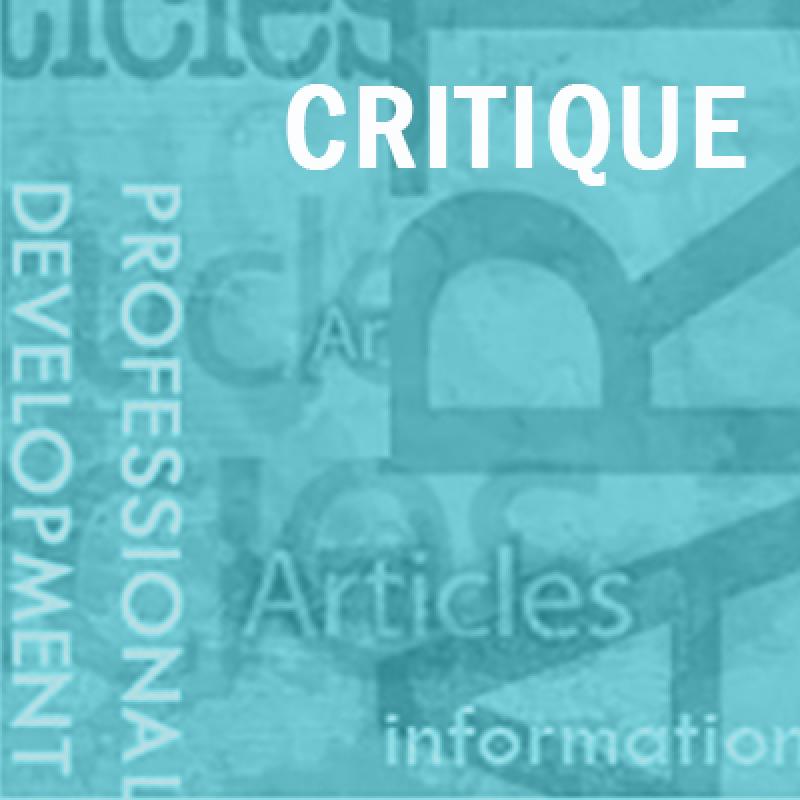How do you evaluate your own work? When asked to critique another artist’s work do you feel confident in the language you want to use? This unit of SAQA Seminar Visual Design is all about building on what you’ve learned so you can evaluate your work as you design, or after you’ve completed an art quilt. As designs develop, we can look back at the principles and see if they help to improve the design.
Resources and other inspiring links
In this SAQA Journal article, Katie Pasquini Masopust provides insight about the successful use of design elements.
Kevan Lunney has an excellent blog post on evaluating her work, with a good graphic to post on the studio wall.
Here's a great video about critiquing from the Art Assignment.
Painter John MacDonald discusses the importance of embracing our “mistakes” and suggests several questions for the artist to ask in the critique process.
Jane Dunnewold offers advice for critiquing one’s own work as well as offering feedback to other artists in this tutorial.
Here’s an excellent example of an analysis of an oil painting by Goya, paying particular attention to the historical context. Imagine how these same techniques could be used to analyze contemporary art quilts.
In this SAQA Journal article, Pam Rubert shares how she evaluated artwork for a juried art exhibition.
Evaluation is about so much more than simply whether you like a work or not. Watch this inspiring and instructional video of two art historians pointing out the elements and principles of design in formal analysis of a painting from 1500.
It’s a juror’s job to evaluate an entire collection of artwork. Judy Kirpich was one of the jurors for Quilt National and wrote several blog posts about the topic. She covers being a juror, judging the show, picking the awards, do’s and don’ts, and condolences and congrats.
Here's a video by art professor Clara Lieu critiques a student work. She does an excellent job of pointing out areas she finds intriguing and well-executed and areas that could be improved.
A standard format for critique includes analyzing, describing, interpreting, and judging. This template includes helpful questions to ask in each part.
Need a laugh? Try the Instant Art Critique Generator.
Get even more great advice about critiquing your work in this blog post by the Agora gallery.
Book Recommendations
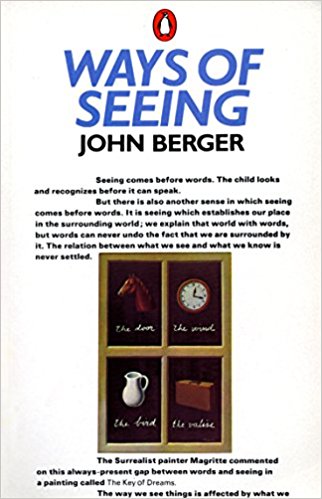 Ways of Seeing Ways of Seeingby John Berger This book has been a long time best seller. Many colleges use it in Art History classes to teach how to look at art. It will always be relevant to artists of all kinds! |
|
While geared towards art students, this informative guide offers great advice on the critique process in a fun and approachable way.
|
|
Wonderful, easy to read and understand, this book that will help with evaluating your work. It explains how the elements of an artwork express a story and evoke emotions.
|
|
With hundreds of insights, tips, illustrated techniques and ideas, this book shows you how to push your work to the next level by strengthening your perception, technical skills and visual thinking (even if you are NOT a painter). |
|
Liz Lerman is known as a choreographer and dancer but her book addresses critiquing for all creatives. It's a great resource for self-critique or more collaborative interactions.
|

